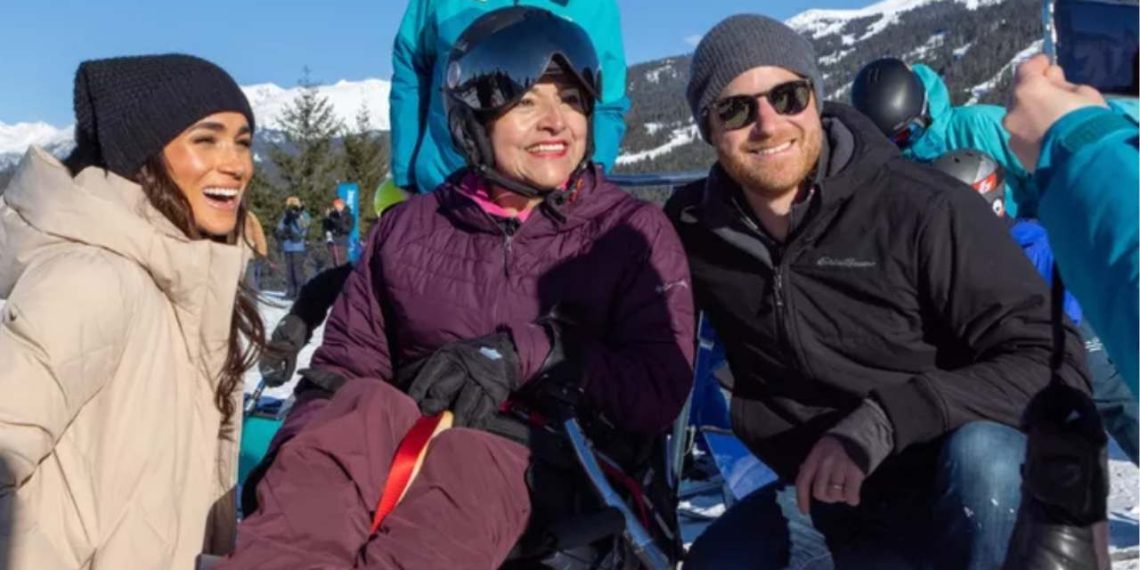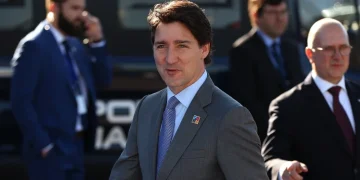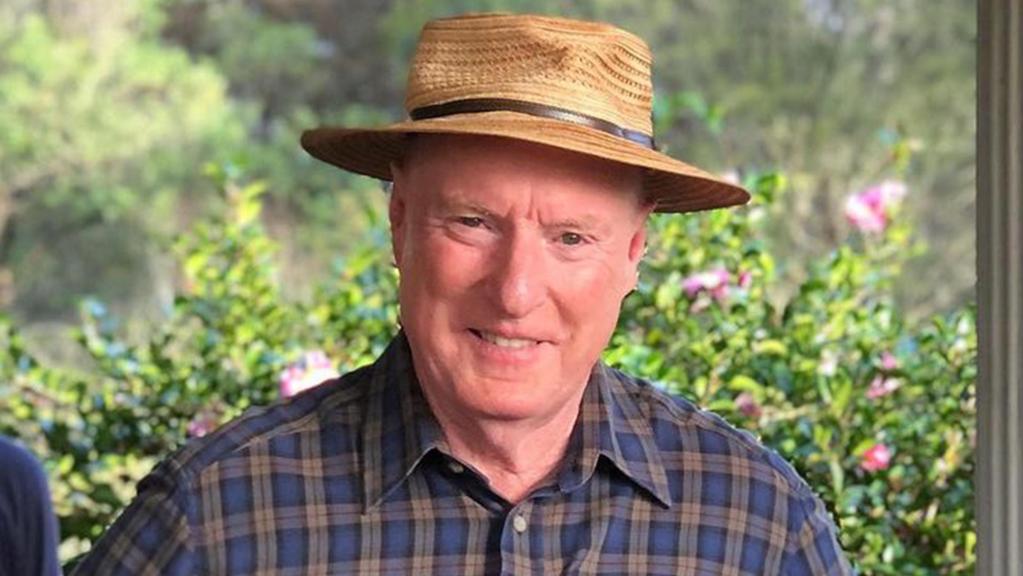Prince Harry and Meghan Markle’s focus on wounded, injured, and sick servicemen and women through the Invictus Games is garnering global attention. The Duke and Duchess of Sussex have recently attended the One Year to Go celebrations for the Invictus Games Vancouver Whistler 2025.
Major Joanna Labonté, an Invictus Games Team Canada alumna, had an exclusive opportunity to spend time with the royal couple during the event.
Labonté and her husband, Bert, met with Prince Harry, 39, and Meghan, 42, at the Whistler Sliding Center. This encounter followed Prince Harry’s courageous attempt on the skeleton track, where he tried one of the new winter sports set to debut at the Invictus Games Vancouver-Whistler in February 2025. Labonte says,
“It was almost a reconnection because I had the opportunity to meet them in Düsseldorf as well, and they came to visit Team Canada, say hello to everyone, and learn about what we were doing in the Games. So it was really nice to see them again, and they seemed so generous and kind. We really believe as athletes and as veterans that Prince Harry and Meghan genuinely support what we do, and we will always be grateful for how they brought this visibility to the Invictus Games.”
“It’s such an important way because we feel like people are paying attention, that the world is paying attention, and that there’s value in what we’re doing by competing on the international scene in this kind of way. It really makes us feel like our commitment and our sacrifice to our country matters.”
Labonté, an Army Public Affairs Officer with 31 years of service, participated in the 2023 Invictus Games held in Germany in September. She achieved a remarkable feat by clinching a gold medal in discus throwing. Reflecting on her experience, she expresses that preparing for the Games provided her with the perfect outlet to contemplate her transition beyond the Army.
“I never felt I was an athlete in my life, but I knew I needed something because I was medically released from the military with a mental health injury related to military sexual assault, and, I needed to find something where I would feel alive again, right? Military sexual trauma is really debilitating. It really affects your self-confidence and your ability to really understand where you fit into things,” she says.
Labonté became engaged with the Soldier On program, an initiative under the Canadian Armed Forces Transition Group. This program is dedicated to supporting the rehabilitation of ill and injured members and veterans of the Canadian Armed Forces through sports and recreational activities.
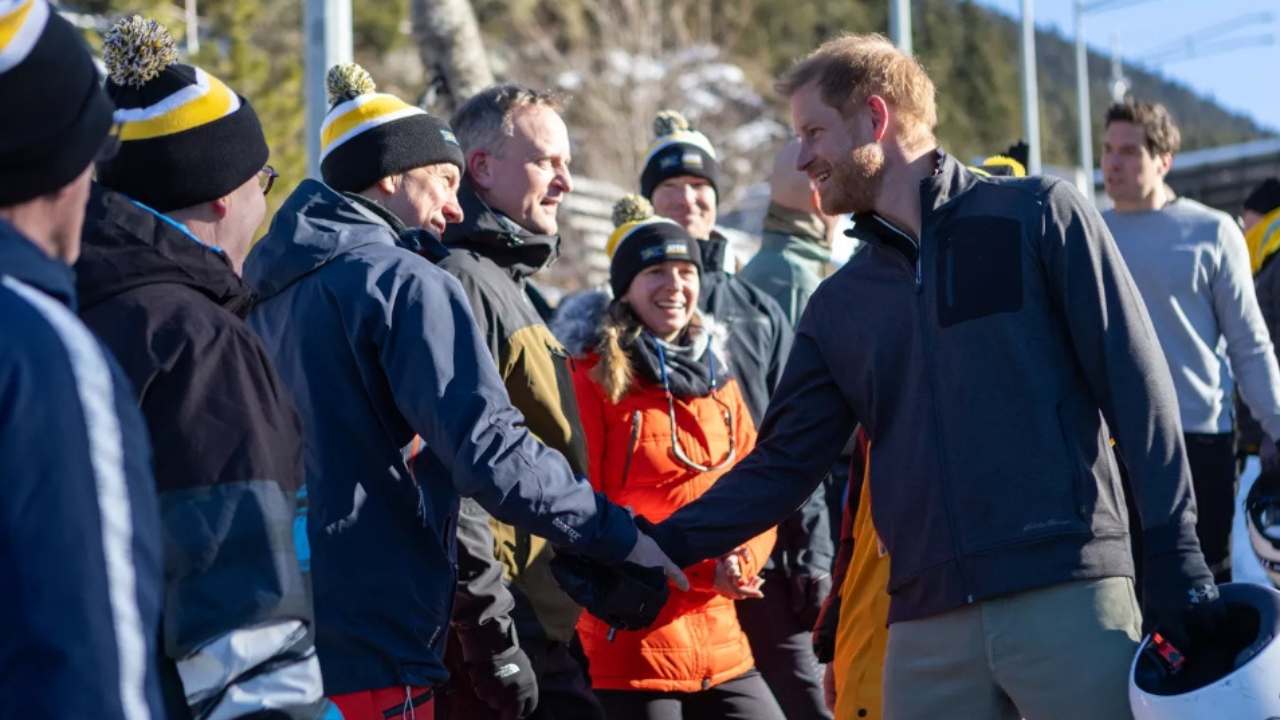
The Soldier On team recommended that Labonté apply for the Invictus Games, and the decision marked a pivotal moment in her journey. Initially taken aback by her acceptance into the Games, Labonté embarked on a transformative experience. What began as mere training camps swiftly evolved into profound and meaningful endeavors, transcending the realm of mere practice.
What I saw with the training camps because we did several training camps throughout the year, I saw my progression not just with my physical fitness or my skills in the sports that I played, which were discus, shot put, rowing, and seated volleyball, but I saw a change in my self-confidence, and I also saw my ability to trust a fellow soldier, right? You know, I lost a lot of trust with what’s happened over my military career, and I was starting to gain that back, because this was Toronto, Canada, and we were all in it together.”
Labonté, accompanied by her husband, who is also an active service member, embarked on her Invictus Games journey in Germany. Their 15-year-old son, Campbell, who is deaf-blind, joined them on this remarkable adventure. Together, they provided unwavering support to Labonté as she showcased her talents on the international stage, demonstrating resilience and unity as a family.
“I remember when we threw the disc, I was number one, New Zealand was number two, a wonderful woman, and U.S. number three, also a wonderful woman, and the three of us were so happy for each other. And there are so many photos of us hugging and celebrating each other. Regardless of where we were, we were just so happy for each other in that moment. That’s the kind of feeling it is, we celebrate each other,” she says of the memory.
Having Prince Harry amplify and shed light on the service personnel and veteran community through the Invictus Games holds immense significance. His involvement not only raises awareness but also serves as a powerful symbol of solidarity and recognition for the sacrifices made by these individuals.
Prince Harry’s dedication to the Invictus cause brings invaluable attention to their stories, struggles, and triumphs, fostering a sense of pride and appreciation within the broader community.
“To me, it means the world because what it does is it gives the participants a real feeling like we matter, that what we’re doing and the sacrifices we made in our career is important. And he’s redirecting the world’s attention to us, right? We may feel forgotten, left out, disillusioned in our careers, in the end in some cases, but he’s saying, ‘That’s not your story. Your story is you’re moving on, you’re succeeding in life, you’re succeeding in sport, and that’s what’s important.’ And we’re listening to that message loud and clear, loud and clear.”
Prince Harry, a former captain in the British Army, established the international adaptive sports tournament for wounded, injured, and sick service personnel and veterans in 2014. The name “Invictus,” derived from Latin, translates to “unconquered.”
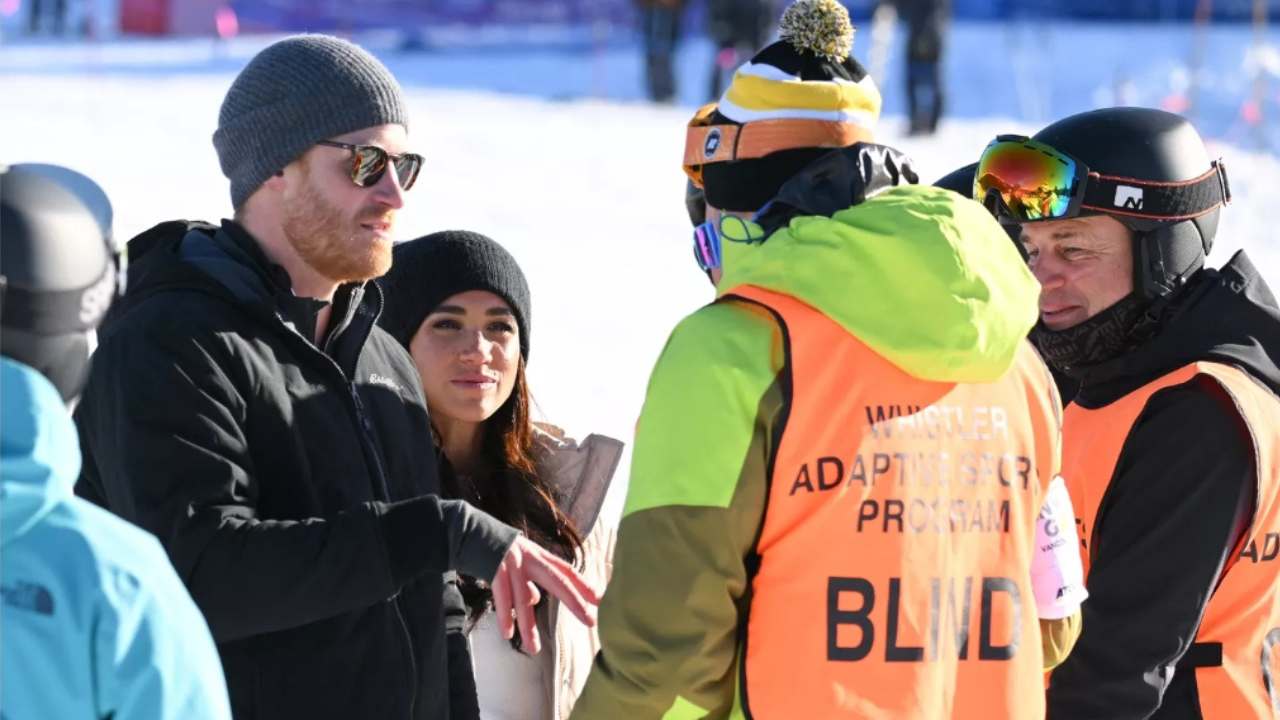
This choice reflects the resilience and determination of participants to overcome adversity. The competition’s motto, “I am,” draws inspiration from the closing lines of William Ernest Henley’s poem, “Invictus,” which affirm individual agency and inner strength with the words, “I am the master of my fate, I am the captain of my soul.”
“The poem is a reminder that you have the power to take control of your life,” expressed the Duke of Sussex in 2022.
Following previous cycles in London (2014), Orlando (2016), Toronto (2017), Sydney (2018), the Hague (2020, postponed to 2022 due to COVID-19), and Düsseldorf (2023), the upcoming competition in Canada marks a significant milestone. It will be the first time the Invictus Games return to a previous host country. The Invictus Games Vancouver Whistler 2025 will also make history as the first winter edition of the competition, featuring the introduction of winter sports.
In February, athletes will have the opportunity to compete in alpine skiing, snowboarding, biathlon, Nordic skiing, skeleton, and wheelchair curling for the first time. These additions complement the core Invictus sports of indoor rowing, sitting volleyball, swimming, wheelchair basketball, wheelchair rugby, and more.


